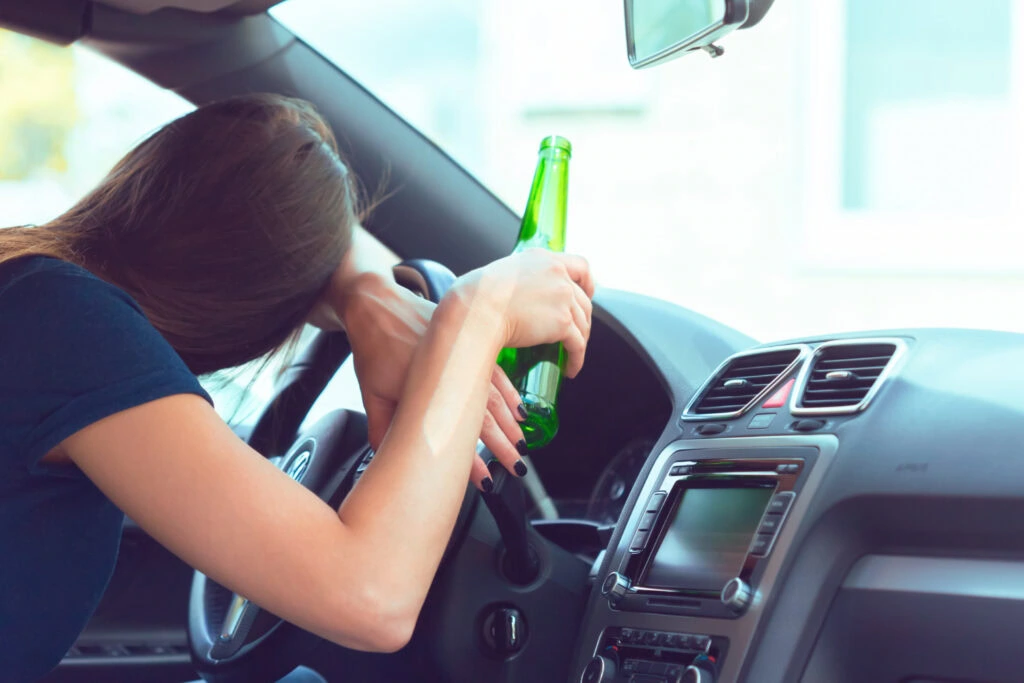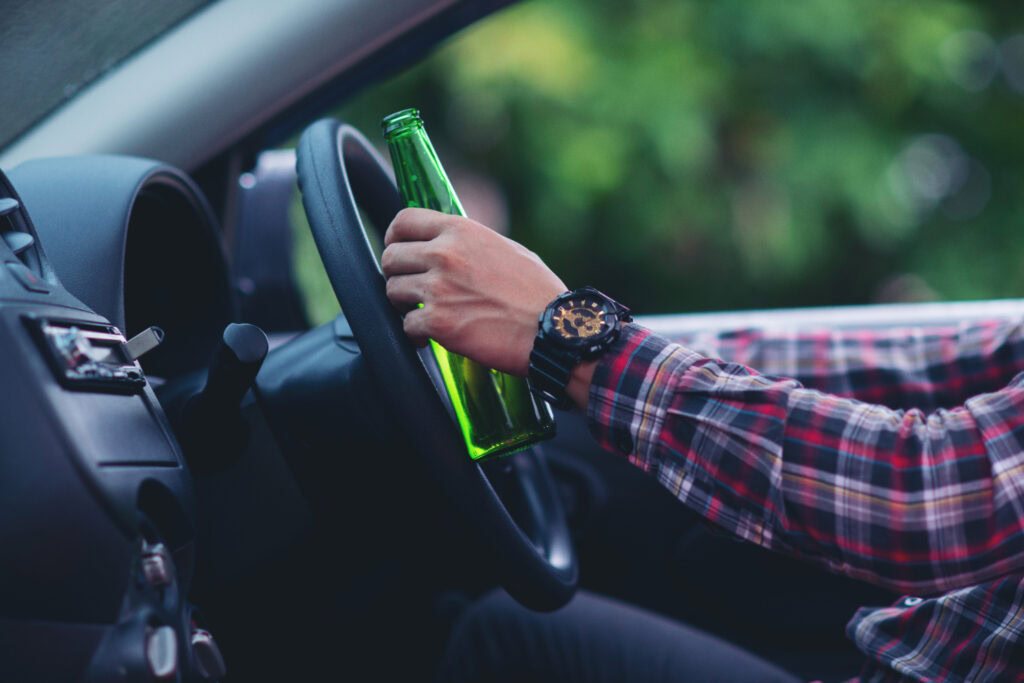Reckless driving is a crime in which a driver operates a motor vehicle in a manner that can lead to harming an individual or property.
The law makes a distinction between wet reckless driving and dry reckless driving. “Wet” reckless refers to driving recklessly under the influence of alcohol. If a person is pulled over because they are driving recklessly and it is discovered that the driver was driving under the influence, this can upgrade the charge to a DUI. Sometimes.
This article dives deeper into reckless driving while under the influence as well as explores the differences between a DUI and a wet reckless charge.
What is a wet reckless driving charge?
A wet reckless means that the driver was driving recklessly while under the influence of alcohol.
It is important to note that a wet reckless charge is not typically a charge given after the arrest is made. Wet reckless is a charge given by the prosecutor as part of a plea bargain agreement. In California, the prosecutor can offer this charge if the defendant has not been convicted of a DUI prior to this case.
Certain factors can lead the prosecution to charge the driver with a wet reckless charge instead of a DUI.
Some of these factors include:
- The Blood Alcohol Content (BAC) was under the legal limit.
- The Breathalyzer was defective or not administered properly.
- The driver had not been convicted of a DUI prior to driving wet reckless.
- The driver acted politely and was not confrontational during the stop.
If a driver is charged with a DUI under one of these weaker factors, the prosecution can offer the driver to charge them with wet reckless, which is considered to be a lesser offense with a less severe penalty.
Wet Reckless vs Dry Reckless
Dry reckless refers to driving recklessly without being under the influence of alcohol or drugs.
It is another way of saying “reckless driving” and carries a lesser sentence than wet reckless. A person who is driving dry reckless won’t be charged with a DUI, because they were not driving while under the influence.
The main difference between a wet and a dry reckless charge is that a dry reckless conviction is not a priorable offense.
If a driver receives a wet reckless conviction and commits a DUI within the next ten years, their prior wet reckless conviction will be counted as a DUI. A dry reckless conviction will not be counted as a DUI conviction if the driver receives a DUI within ten years.
Below is a chart comparing the penalties for wet reckless vs dry reckless:
| Wet Reckless | Dry Reckless |
|
|
|
|
|
|
|
|
|
|
|
|
Is a wet reckless charge a misdemeanor in California?
Yes, a wet reckless charge is considered to be a misdemeanor in California.
The penalty is up to a $1,000.00 fine and/or up to ninety days in jail. There will also likely be court fees that will need to be paid as well. In addition, the driver will receive two points on their driving record. The points can impact their car insurance rate with their insurance company.
How is wet reckless different from a DUI?
The difference between a DUI and a wet reckless charge is the severity of the charge which in turn influences the severity of the penalty.
In our article, “Is a DUI a Felony or a Misdemeanor? All You Need To Know”, we defined a DUI as driving under the influence of alcohol (a BAC above the legal limit) or drugs (including prescription medications). A driver can be charged with a DUI even if they don’t hit another vehicle or individual.
The penalty for a DUI is up to six months in jail for a first offense as well as a fine of up to $1,000.00. A DUI will go on a driver’s record as well.
As discussed, a wet reckless charge is considered to be a lesser offense because the BAC is lower than the legal limit. Therefore, wet reckless receives a less severe penalty than a DUI.
Pros and Cons of a Wet Reckless Charge
If you find yourself in a situation where the prosecution is able to charge you with wet reckless instead of a DUI, be aware that there are some consequences to this choice. It is not necessarily a charitable option.
Some of the pros include a less severe sentence than a DUI conviction – the penalties for wet reckless are lower fines, a shorter probation, and less jail time than a DUI. A wet reckless conviction allows the driver to get a lighter sentence than if convicted of a DUI.
However, one of the cons of a wet reckless charge is that, because it is a priorable charge, a future DUI within ten years of the wet reckless conviction will change the wet reckless charge to a DUI. This means that instead of one wet reckless conviction and one DUI conviction on the driver’s record, they will have two DUI charges on their record.
If a person never gets charged with a DUI within ten years of the wet reckless conviction, these two DUIs are a moot point. Still, it is important to weigh the pros and cons of a wet reckless charge with your suspended license attorney in order to get the best outcomes in your situation..
Let Our Attorney Help You
Hiring a lawyer is the best way to navigate the legal system when you are charged with a wet reckless charge. The Law Office of David L. Faulkner can help you avoid the consequences of this offense.
We’ll ensure proper handling of your case in court. Contact us today to discuss how we can help you if you were arrested for driving recklessly.










